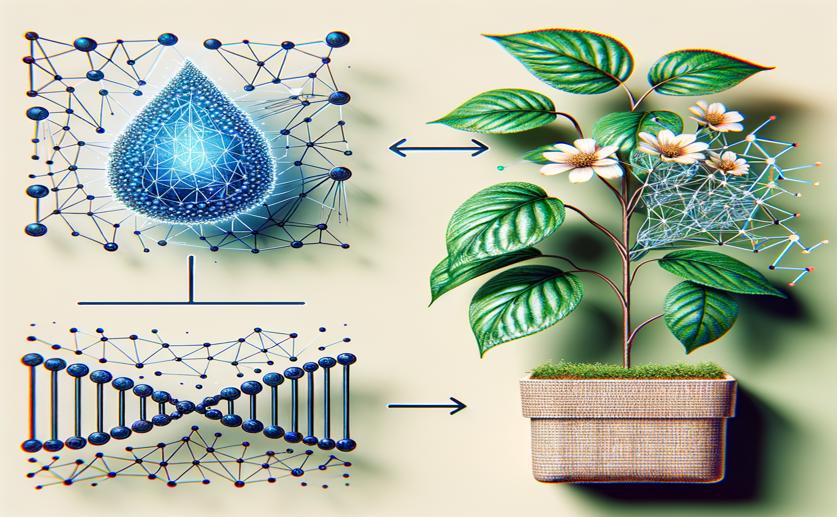
Machine Learning Predicts Plant Compound Creation Genes
Jim Crocker
30th April, 2024

Image Source: Natural Science News, 2024
Key Findings
- Researchers at Taiyuan University of Technology studied how plants create complex chemicals that help them survive and have medicinal uses
- They used advanced machine learning to predict which genes in plants are responsible for making these important compounds
- The study's findings could lead to new medical treatments and improvements in agriculture and biotechnology
References
Main Study
1) Machine learning assists prediction of genes responsible for plant specialized metabolite biosynthesis by integrating multi-omics data
Published 29th April, 2024
https://doi.org/10.1186/s12864-024-10258-6
Related Studies
2) Exploring the Diversity of Plant Metabolism.
3) The emerging field of transport engineering of plant specialized metabolites.
4) Demystifying traditional herbal medicine with modern approach.
5) The Structure and Function of Major Plant Metabolite Modifications.



 23rd April, 2024 | Jim Crocker
23rd April, 2024 | Jim Crocker